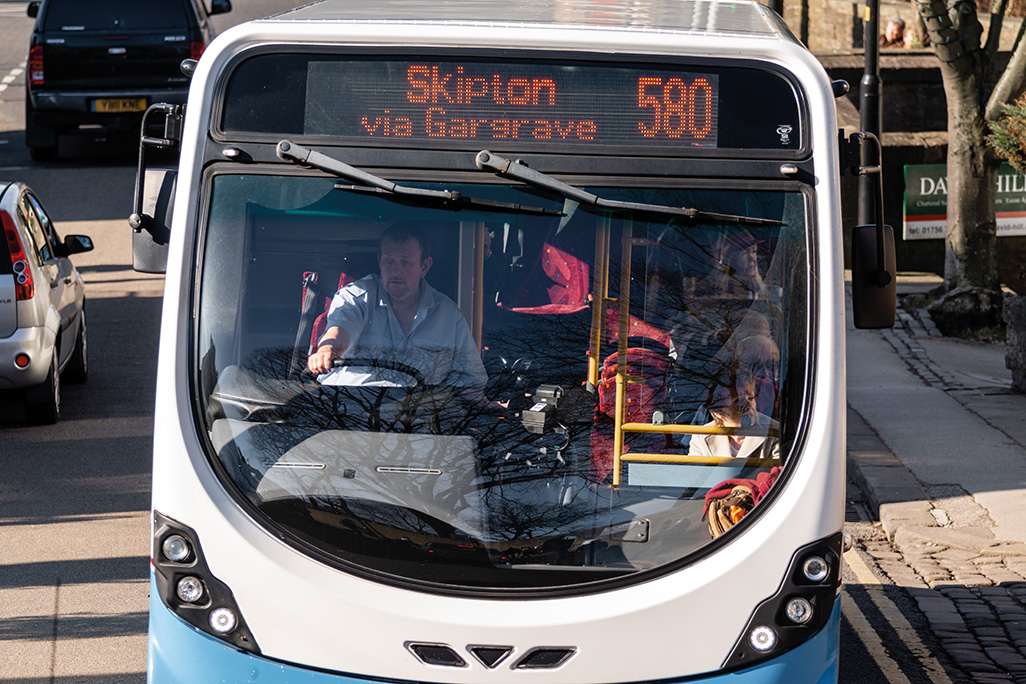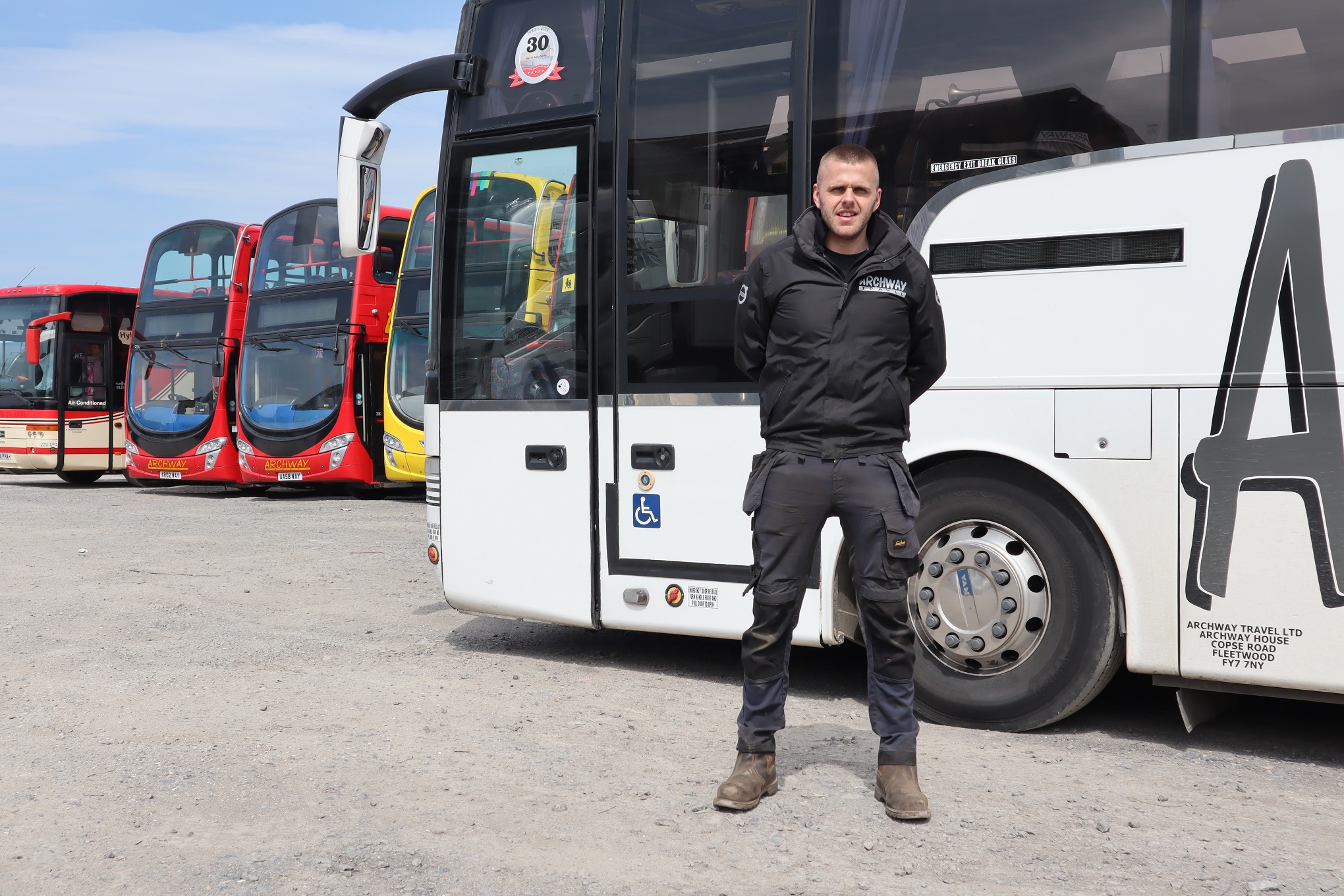Could the bus sector help coach operators with their recruitment issues? asks Confederation of Passenger Transport President Ralph Roberts.
After all the excitement at Dover recently, it has been relatively quiet of late, but we are holding our breath waiting on the school summer holiday weekend and hoping that discussions had in the wake of last month’s fiasco do not see a repeat of the unacceptable issues faced by coach operators.
It was encouraging to see the results of the driver shortage survey which revealed that bus driver vacancy rates are now down to 6.8%. Much of the improvement is due to a reduction in services, but we have also seen many operators increase their driver numbers slightly, so we seem to be moving in the right direction.
Perhaps the crisis will leave a dividend where there is more focus on recruitment and retention. On the other hand, the vacancy rate for coach operators remains stubbornly high with an average shortage rate of 14.6%, although evidence suggests that many operators have increased both their number of drivers and their driver requirement, as the traditionally busy summer period approaches.
I can’t help wondering if bus companies would be able to assist local coach companies in recruitment. There are lots of local factors, some of which will be insurmountable, but I can’t help thinking that there must be a way.
I see that the joint campaign between the bus industry and the Scottish Government is under way to highlight bus as a mode and to try to recover some of the lost footfall. This is a match-funded and very welcome campaign, and Holyrood should be applauded for getting involved.
Likewise, I was present at the recent Association of Local Bus Company Managers (ALBUM) Conference in Edinburgh, which was well attended and had a lively itinerary. These conferences are arranged by ALBUM members and this year was organised and run by Lothian Buses. It was just like their bus services — well run and well presented.
A very diverse range of suppliers to our industry was present and it reminded me, as if I needed it, that without our supply and manufacturing base, our job would be impossible. I would urge you to take the time to talk to those who approach you; they might have just what you need.
Operators in Scotland are adapting to the post-Covid funding support environment. It has been a troubled journey to rebalance networks and get businesses back on a commercial footing again. This does mean that some areas are now without a bus service to some extent. It will involve hardship, and communities and politicians have struggled to get their heads around the issue.
Franchising or public control seems to be the immediate response, closely followed by the reality that there is no funding to make it happen. It brings it home to me just how far, as a country, we have allowed policymakers to sideline bus users over every other public transport mode.
Bus priority, reallocation of road space, planning controls, parking controls, and levelling up with car and train users are all areas that need to be addressed and this is just scratching the surface. We need to redouble our efforts to represent our customers if we are going to turn around the modal shift to private cars.



























